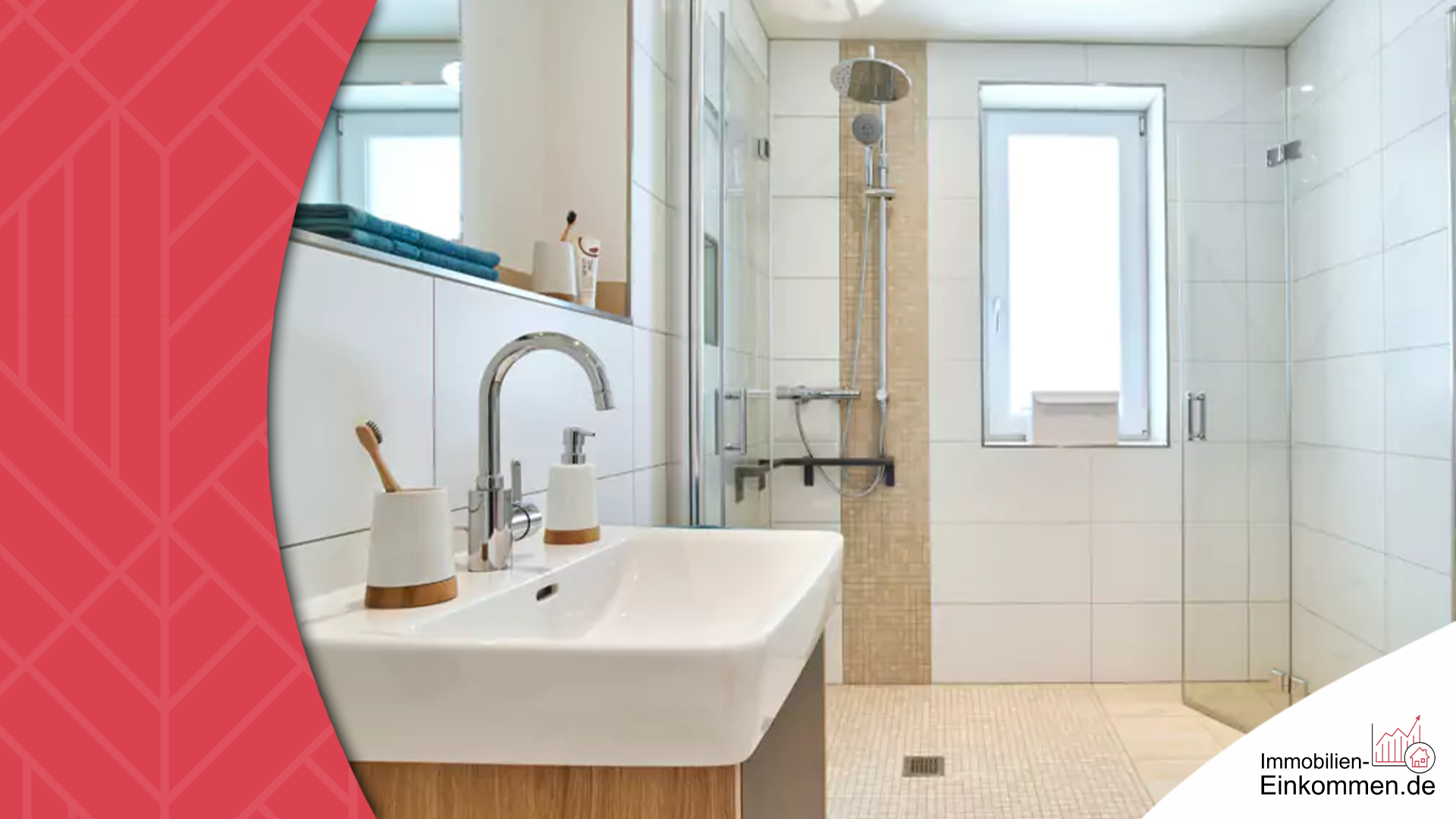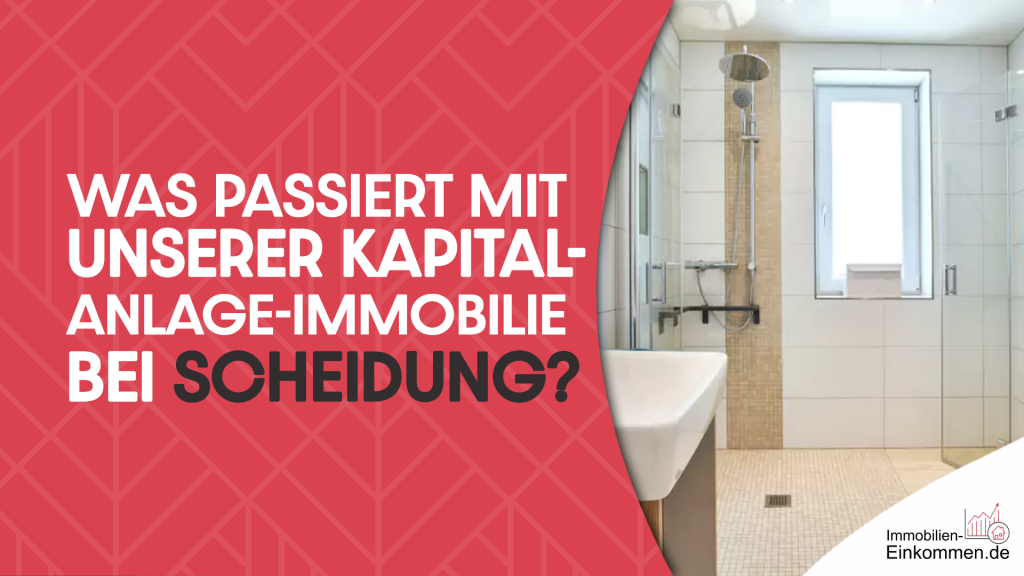What happens to our investment property in the event of divorce?
Posted on |

Episode 32:
What happens to our investment property in the event of divorce?
In today's edition of our video blog, you'll learn what happens to your investment property in the event of divorce.
Start the video here:
Frequently, capital investors ask themselves
- What is the big advantage of investment property over owner-occupied property in a divorce?
- How does the financial settlement regarding an investment property work in a divorce?
- What effects can a divorce have on pension rights and passive income if one is insured under the statutory pension scheme?
- How does an investment property remain unaffected even if the owners divorce or separate?
- How does the division of the investment property and the associated costs work out if there is a separation?

We answer these and many other questions in our video blog editions.
Here is the transcript of episode 32 to read:
The great advantage of an investment property is: In contrast to the owner-occupied property, it also works when you separate. I have had that more often in my 30 years of activity, that customers separate and the big problem always happens when you live in a single-family house for your own use and then the divorce comes and then the question is who keeps the house? How is that financially regulated?
With investment property, it's much, much easier. In case of doubt, a divorce costs a lot of money. And if, for example, you have statutory pension insurance, the divorce settlement may also take away your pension rights and allocate them to your former partner. This means that you have even bigger pension problems. Just then you need a passive income, you need additional income to have a good asset accumulation for retirement. However, in all separations in the past, I have always experienced that the investment property remains untouched. Because just because the owners of the property get divorced or separate, the tenant still continues to pay the rent, the tax office still continues to pay the tax benefits and then everything is simply done half-and-half.
There is an account where the rents flow into it, there is an account where the tax benefits flow into it and there is an account where the interest and the repayment for the bank are debited and the administration debits the administration costs. And if such a capital investment property costs perhaps 1,000 € per month, you or yourselves put 1,000 € into the accumulation of assets and then at some point the separation occurs, then it is separated.
Then, from that moment on, 1,000 € will continue to flow into the property. 800 € may be paid every month by the tenant and the tax office. And you pay 200 €. And if you pay 200 € as a married couple, then you can also continue to pay 100 € each separately afterwards. And that is completely unemotional with the capital investment. You want to make a business! And if you then separate, then later each gets half of the property and you let it continue to pay off the tenant for you.
Lean back relaxed and say: Yes of course, we no longer go the way together, but the capital investment, the tenant and the tax office will continue to pay off for you and you will be happy at some point when you then get 400,000 - 700,000 € later when selling the property tax-free back to your account. And then everyone gets half on his account and goes his way, then different way. But each with half of the money.
Keywords:
Investment property, Divorce, Owner-occupied property, Pension rights, Passive income, Rental income, Financial settlement
